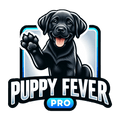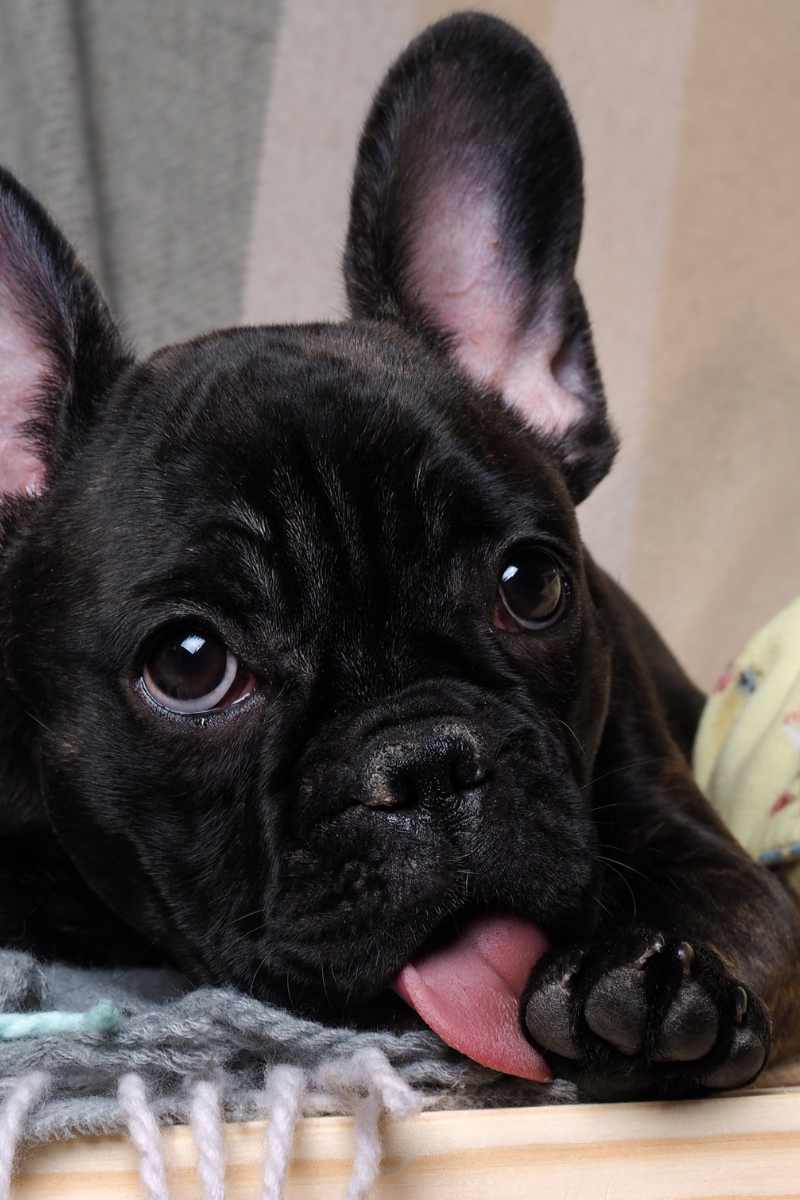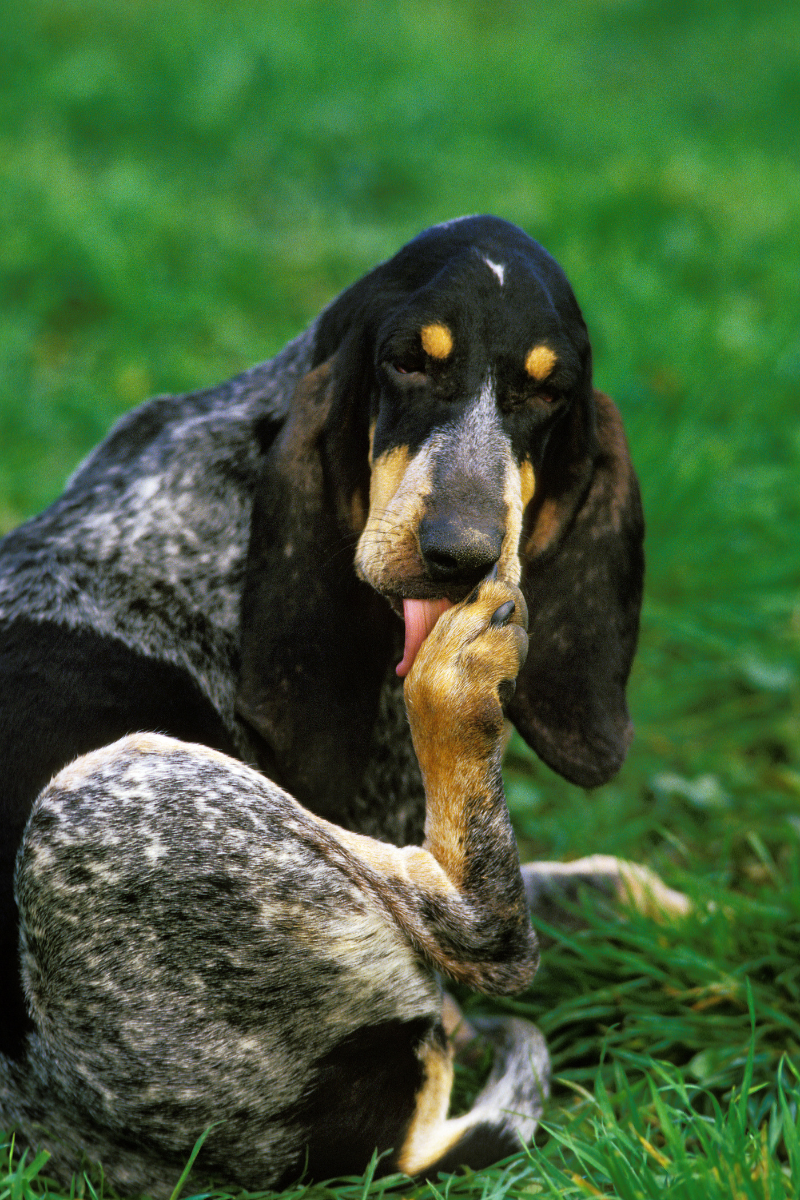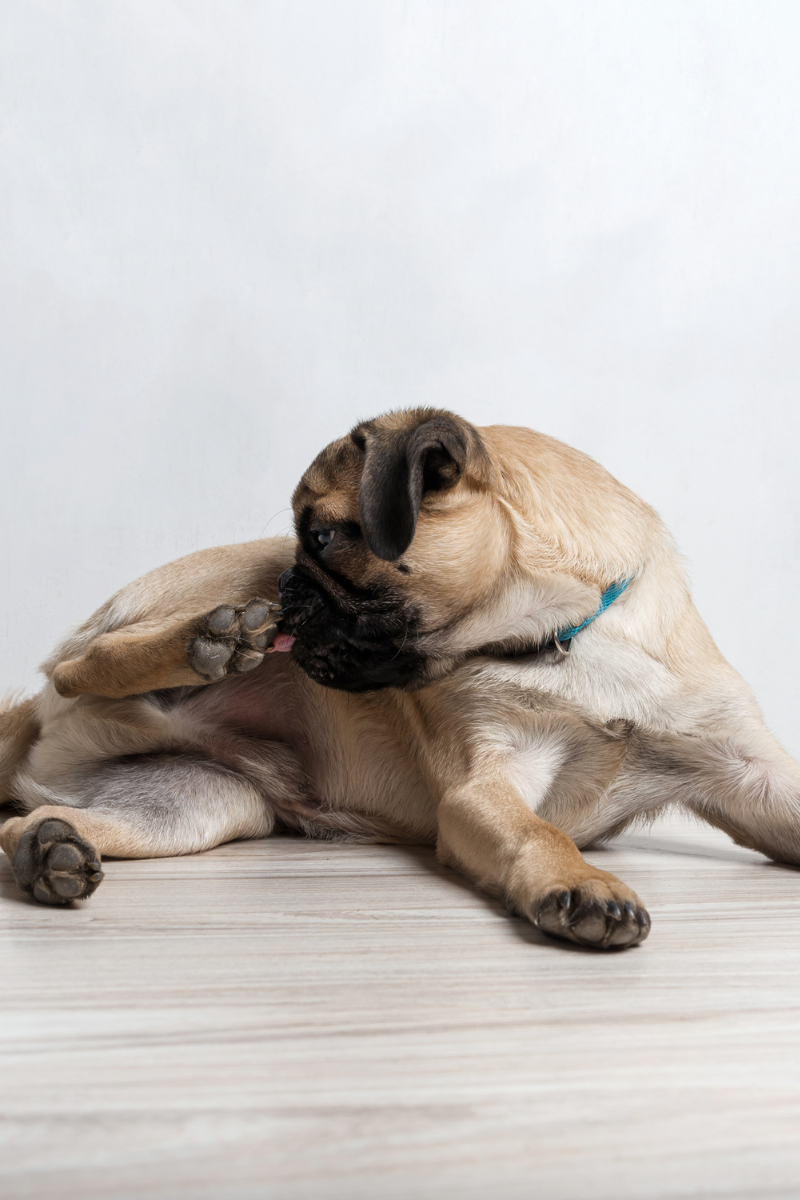737-215-3211

Unlocking the Mystery: Why Dogs Consistently Lick Their Paws
Every dog owner has observed their furry friend intently licking their paws at some point. While it might seem like a trivial quirk or a moment of self-grooming, understanding why dogs engage in this behavior can provide valuable insights into their overall health and well-being. In this comprehensive guide, we will explore the many reasons behind the question: "why do dogs lick their paws?"
Why Do Dogs Lick Their Paws?
It's not just a random act or a simple itch that makes a dog lick its paws. Multiple factors, ranging from medical issues to behavioral triggers, can prompt this behavior.
Behavioral Reasons
Boredom
Just like humans, dogs can get bored too. Licking their paws can be a way to pass the time. A lack of physical activity or mental stimulation can lead them to engage in this behavior simply out of boredom.
Anxiety-Driven Behavior
Dogs, when anxious or stressed, may resort to licking their paws as a coping mechanism. Whether it's due to separation anxiety or a change in their environment, paw-licking can be a calming act for them.
Attention Seeking
Ever noticed how your dog might start licking their paws when you're busy? Sometimes, they might be trying to catch your attention. They've learned that this behavior might earn them a pat, a treat, or simply some of your precious time.
Medical Reasons
Injuries
A dog might lick a paw if it's injured. Whether it's a small cut, a splinter, or a thorn, your dog's first instinct might be to lick it clean and soothe the pain.
Allergies
Allergies, be it from food or environmental factors like pollen, can cause discomfort in paws. Continuous licking might be a sign that your dog is trying to alleviate the itch or irritation caused by allergens.
Parasites
Fleas, ticks, and mites love the soft area between a dog's toes. Regular paw licking can be an indication of a parasitic infestation.
Hygiene and Maintenance
Cleaning
Dogs often lick their paws after a walk. It's their way of cleaning up, much like how cats groom themselves.
Moisturizing
Believe it or not, dogs sometimes lick their paws to keep them moist, especially in drier climates or during winter months.
Dealing with Foreign Objects
If a dog steps on something, be it a pebble or a piece of glass, they might lick their paws to remove the foreign object.
Environmental Factors
Chemicals and Irritants
Household cleaning agents, or even some types of grass, can irritate a dog's paws. They might lick them to soothe the irritation.
Seasonal Changes
Seasonal changes, especially transitioning from wet to dry seasons or vice versa, can cause paw discomfort, leading to increased licking.
Home Environment
Factors like heated floors or walking on rough surfaces can impact the sensitivity of a dog's paws, making them more prone to licking.
Dietary Concerns
Food Allergies
Certain food ingredients might not sit well with all dogs. Paw licking can be a sign of food allergies or intolerances.
Nutritional Imbalance
If a dog's diet lacks specific nutrients or is imbalanced, it might manifest in excessive paw licking.
Emotional Needs
Seeking Comfort
Licking is inherently comforting for dogs. If they're feeling down or unwell, they might lick their paws just to feel better.
Stress-Relief
Much like some people bite their nails when nervous, some dogs lick their paws when they're stressed or anxious.
Habitual Licking
Sometimes, there might not be an apparent reason. It might just be a habit they've developed over time.
General Observations
Common in Specific Breeds
Certain breeds, due to their genetic makeup or physical characteristics, might be more prone to paw licking.
Age-Related Licking
Puppies and older dogs might lick their paws more than young adult dogs due to developmental stages or age-related issues.
Relation with Outdoor Activities
Dogs that spend more time outdoors, playing, and exploring, might be more inclined to lick their paws, simply because they're more exposed to the elements and potential irritants.
Check Out Our Dog Health Supplements
FAQs
Why is my dog obsessively licking its paws?
Obsessive paw licking can be a sign of underlying issues like allergies, injuries, or anxiety. If this behavior is consistent and excessive, it's best to consult a veterinarian.
Is it harmful if my dog licks its paws regularly?
Occasional paw licking is natural. However, consistent and excessive licking can lead to sores, infections, and other complications.
How can I stop my dog from licking its paws?
Identifying the root cause is essential. Depending on the reason, solutions might include dietary changes, medication, increased activity, or behavioral training.
Could dietary changes help reduce paw licking?
Yes, if the cause is food allergies or nutritional imbalances, switching to a more appropriate diet can help reduce or eliminate paw licking.
What products can I use to prevent my dog from licking its paws?
There are deterrent sprays available that discourage licking. However, it's essential to ensure that they are pet-safe and to understand the root cause of the licking.
Are certain dog breeds more prone to paw licking?
While any dog can develop the habit, breeds with a history of allergies or skin issues might be more prone to paw licking.
Conclusion
Understanding the reasons behind why dogs lick their paws can provide pet owners with valuable insights into their dog's overall health and well-being. It's crucial to observe, understand the underlying causes, and take appropriate measures to ensure our furry friends remain happy and healthy.





Leave a comment